7 Common Myths About Kidney Disease
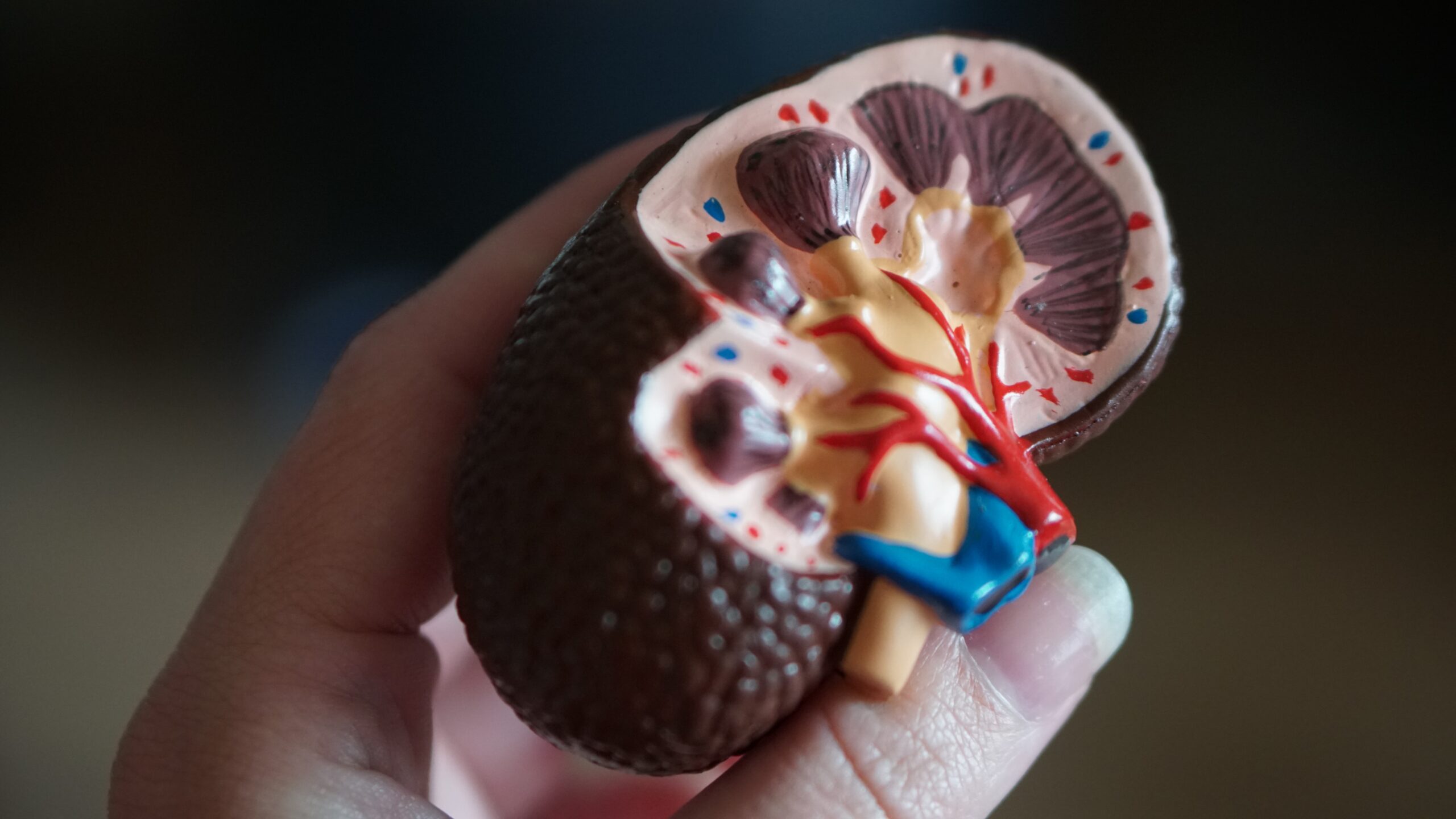 Kidney diseases progress in silence. Image credits: Unsplash
Kidney diseases progress in silence. Image credits: Unsplash
The kidneys are one of the five excretory organs that filter blood and eliminate waste from the body. An individual is said to have kidney disease when the waste starts accumulating. The levels of creatinine, urea, and electrolytes thus start increasing in the blood due to the loss of filtration ability of the kidney cells.
According to the study published in the Journal of Clinical Nephrology and Renal Care, the incidence of age-adjusted end-stage renal disease in India was reported to be 150 per million of the population (2020). Chronic kidney diseases develop over time and, in most cases, show no symptoms until they reach a critical stage (chronic kidney disease). This is why kidney diseases are also called silent killers. An infection, accident, or trauma can sometimes cause an acute kidney injury, which, if not treated promptly, can progress to chronic kidney disease.
Worldwide, the burden of kidney diseases is increasing day by day. Faulty eating habits, incorrect lifestyle, self or over-medication, and chronic alcoholism are a few causes that can affect kidney functioning. To add to this, there are several myths surrounding kidney disease.
At You Care, we approach kidney conditions, not by their symptoms but their root causes. And, through this article, we wish to shed some light on the most popular myths around kidney disease through this article.
Myth 1: If my urine output is less, it means my kidneys are not working well.
Fact: There are certain kidney diseases where the urine output is reduced (400 ml/day). For a healthy individual with a fluid intake of about 2 liters per day, the urine output varies from 800-2000 ml for 24 hours. But the urine output also depends on the weather, sweat, and hydration levels. So along with the output, you need to get your potassium, creatinine, and blood urea levels tested to understand if your kidneys are working fine or need medical attention.
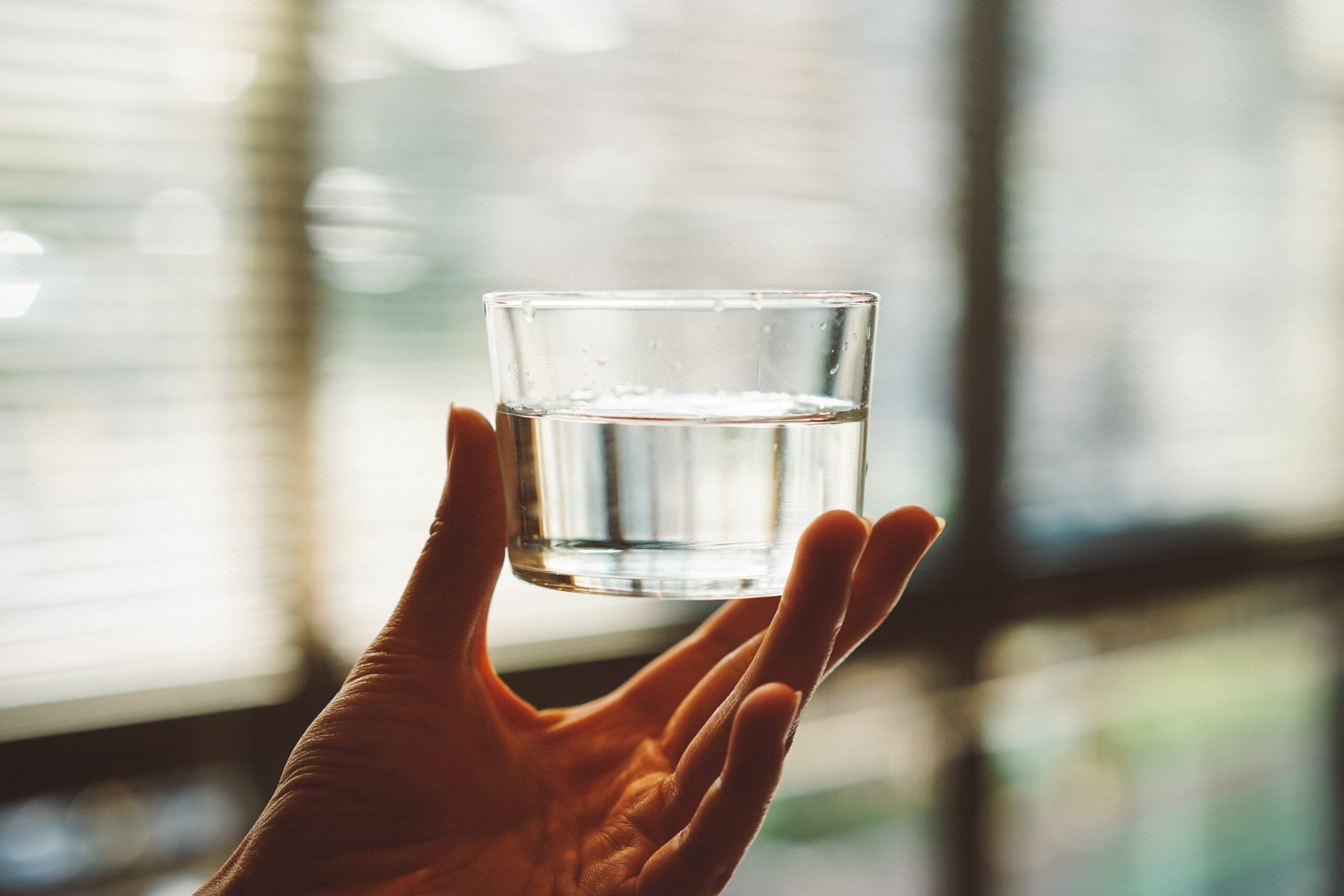 Be mindful of your water intake if on water restriction. Image credits: Unsplash
Be mindful of your water intake if on water restriction. Image credits: Unsplash
Myth 2: Drinking a good amount of water is the treatment for my kidney disease.
Fact: Having an overall fluid intake of around 2.5 to 3 liters for a normal and healthy individual is advised. Adequate hydration may help avoid kidney stones and urinary tract infections. However, continuing to drink large amounts of water while the kidneys have failed or are not working properly can lead to fluid in the lungs (pulmonary edema) or affect your blood pressure.
Myth 3: I can discontinue treatment on my own since I am feeling fine.
Fact: People with chronic kidney disease start feeling better once the medications are started. But they should not stop the treatment mid-way as it can worsen the situation and that can be life-threatening.
Myth 4: Dialysis, once started, needs to be continued lifelong.
Fact: Individuals with irreversible kidney conditions like Chronic Kidney Disease or kidney injury require dialysis to support kidney function. But the frequency will vary as per the disease progress. For acute renal failure, kidney infection, or damage to the kidney due to accident/trauma or any emergency, dialysis is needed to support treatment for some time and is discontinued once the health of the person has improved.
 Restaurant food can pack a lot of sodium. Be mindful. Image credits: Unsplash
Restaurant food can pack a lot of sodium. Be mindful. Image credits: Unsplash
Myth 5: I can eat anything while I am on dialysis.
Fact: Dialysis is a process wherein the cleaning and detoxification that is normally done by our kidneys is now done by the machine. If you do not eat as per the guidelines, the load on your kidneys will increase, which can further lead to complications. Dialysis helps to manage the condition and should not be treated as a free pass to eat anything you desire. Any toxin load to your kidneys can deteriorate your health.
Myth 6: I can eat anything and at any time by just avoiding protein if I have kidney disease.
Fact: Certain kidney diseases do require protein restriction as urea is the major metabolic by-product excreted by the kidneys. Another function of the kidney is to help maintain electrolyte balance and regulate blood pressure. Outside food does not restrict the usage of salt. Vegetables and dals are not leached. Leaching is a process to reduce the potassium content of pulses and vegetables. It involves boiling them in excess water, followed by discarding the water to remove excess potassium. Chutneys and sauces are not avoided, and the oil used for cooking is refined oil. All of this can further increase the toxin load and increase internal inflammation.
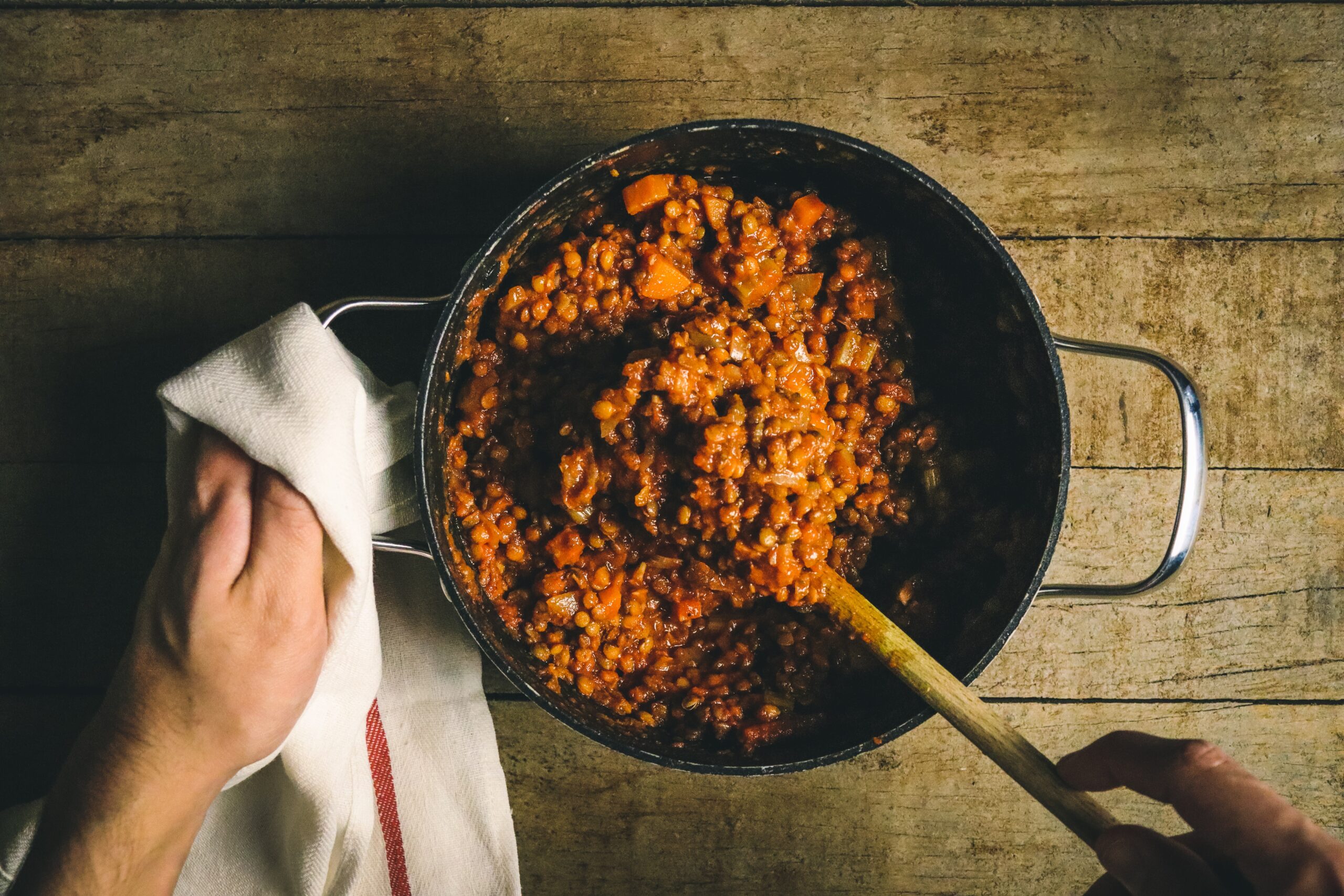 Under and overdoing protein, both are harmful in kidney conditions. Image credits: Unsplash
Under and overdoing protein, both are harmful in kidney conditions. Image credits: Unsplash
Myth 7: I am not supposed to have protein at all if I am suffering from any kidney disease.
Fact: There is a basic protein requirement for every individual that needs to be met with food. Even in kidney disorders, some protein intake is necessary (lesser than a normal person’s requirement) for the body to perform basic functions. If you are not eating any protein, the body will start breaking down your muscles as they are also made of protein. This causes the body to go into the catabolic mode, leading to weight loss and more load on the kidneys to excrete the waste products of catabolism.
Uncontrolled diabetes and high blood pressure also affect kidney function. As per the BMC Nephrology Journal, around 40–60% of CKD diseases are due to diabetes and hypertension. This means it is necessary for a person to take charge of their health if they have diabetes and hypertension. It’s rightly said – A stitch in time saves nine.
Just like a car that can stay balanced on four wheels, the body’s balance is also dependent on the four pillars of lifestyle: Cellular Nutrition, Adequate Exercise, Quality Sleep, and Emotional Detox. Early detection and timely management using the right approach and strategy can save you a lot of pain and stress. So, move to action today.
Do you have a kidney condition and are confused about what lifestyle changes you could make? At You Care Wellness, we help you find a way. Get in touch with our wellness experts at info@lukecoutinho.com or call 18001020253 to know more about our Kidney Care Program.
Disclaimer: Please make an informed decision before trying anything new. None of what’s shared here is a replacement for any ongoing medical procedure, medicine, or advice given by your doctor or healthcare provider.
|
From a pimple to cancer, our You Care Wellness Program helps you find a way Talk to our integrative team of experts today 18001020253 |

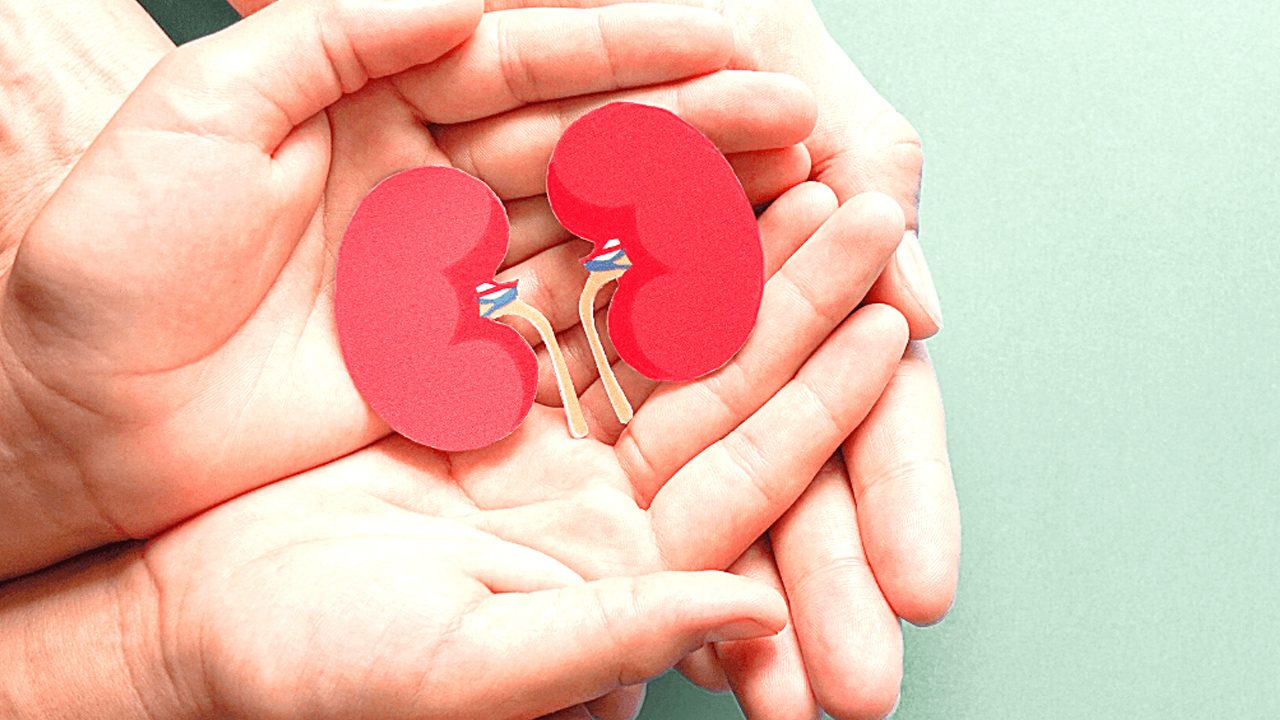
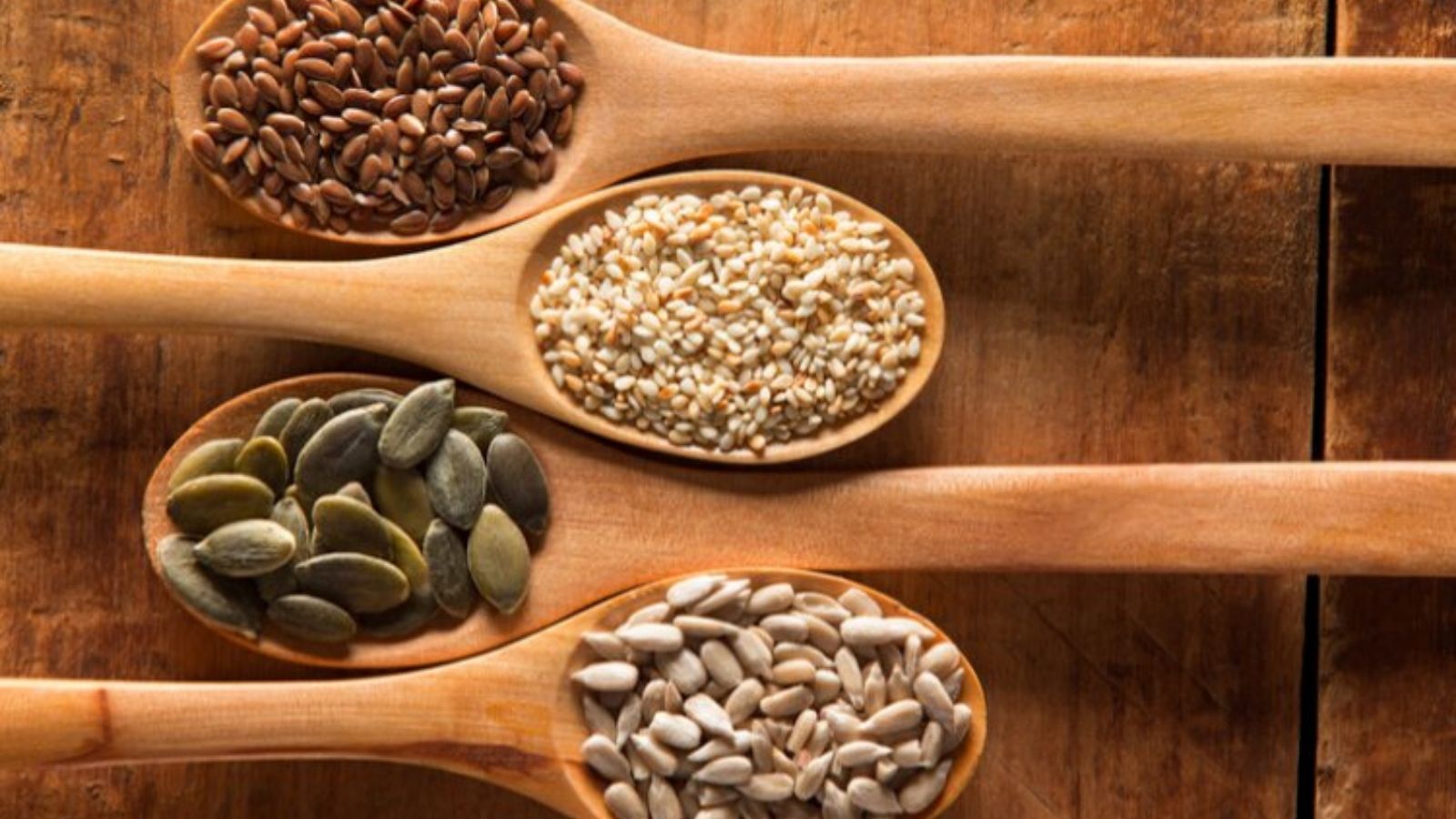
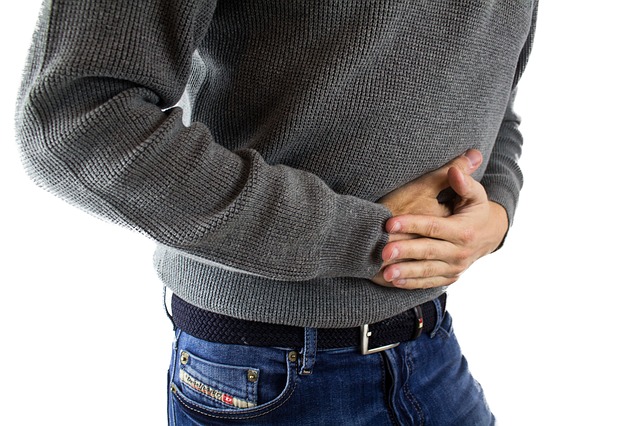
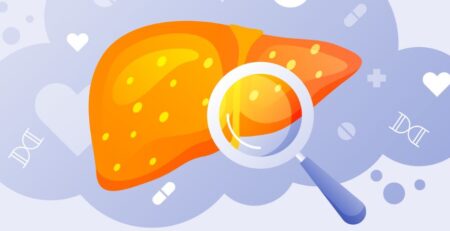
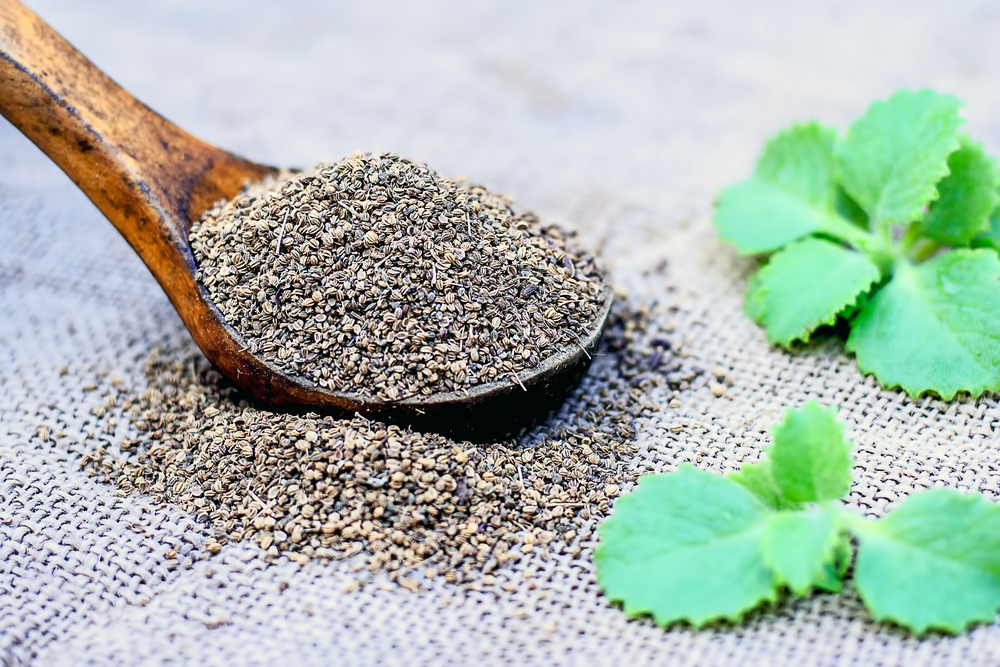

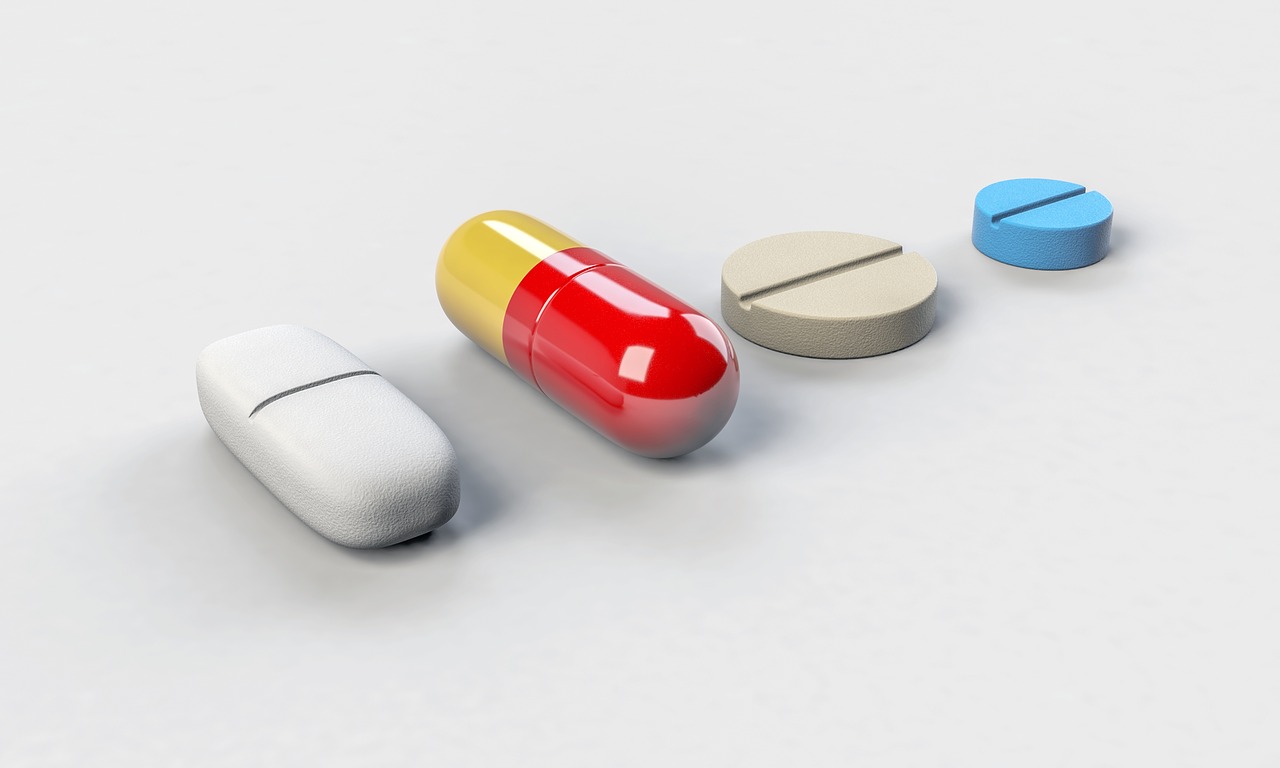
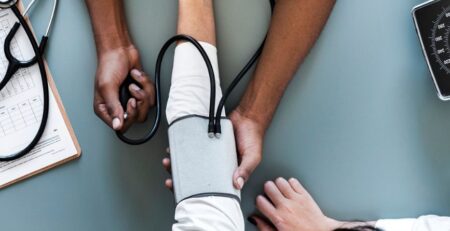
Leave a Reply